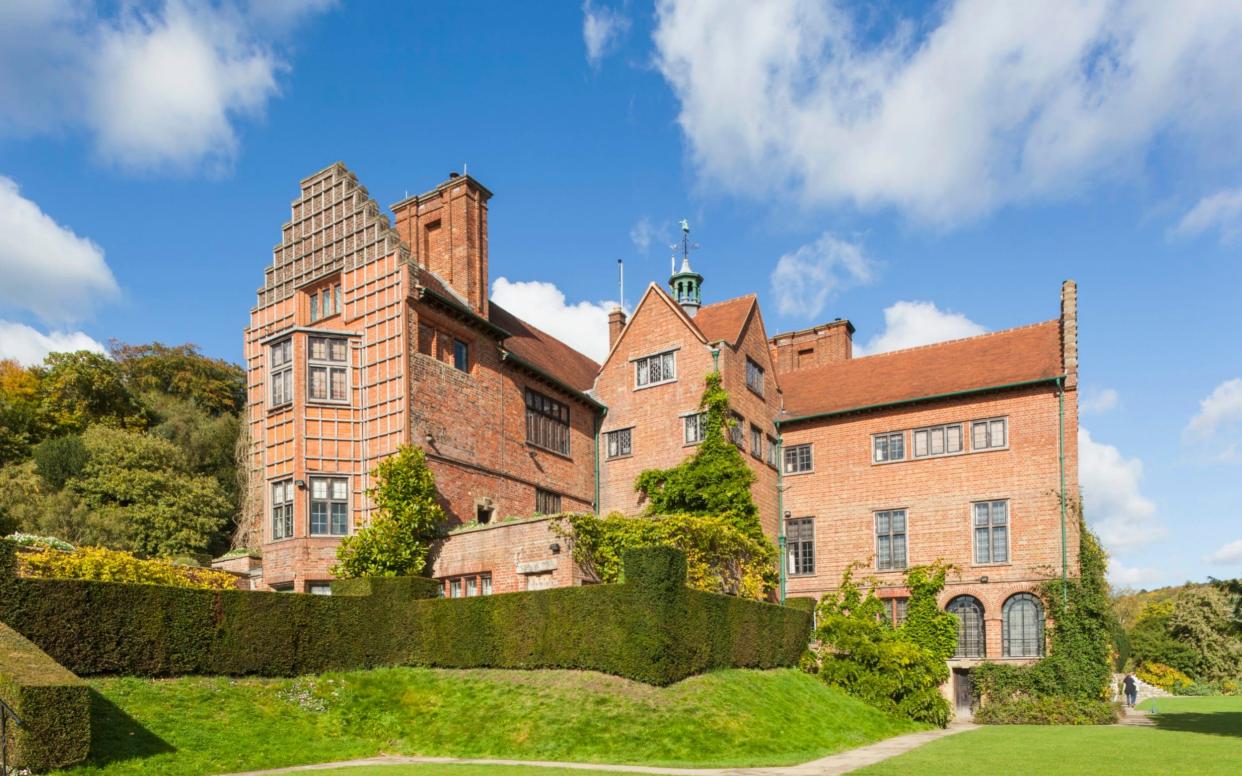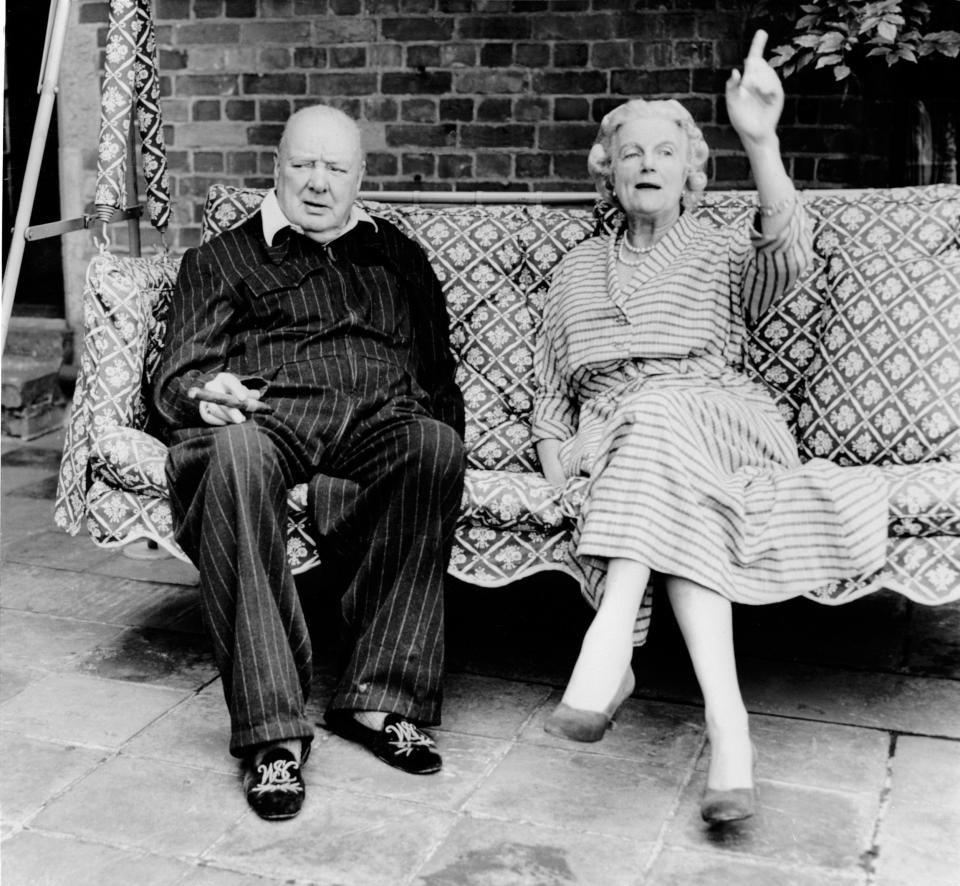Churchill's home on National Trust's BLM list of shame

The National Trust has included Winston Churchill’s family home in a dossier of sites linked to “colonialism and slavery”, citing the former prime minister’s role in the Bengal famine and his opposition to Indian independence.
The charity published a review of the links between its historic properties and the empire and the slave trade in the wake of Black Lives Matter protests.
Experts found one third of its protected sites had ties to the “sometimes-uncomfortable role that Britain, and Britons, have played in global history”. Churchill’s Chartwell residence in Kent was given as an example, with the wartime leader’s home highlighted alongside those of profiteers and slavers.
“He was prime minister during the devastating Bengal famine of 1943, the British response to which has been heavily criticised,” it said. The famine killed around two million people.
It also noted that he lived an “exceptionally long, complex and controversial life”, during which he opposed independence for India.

Other English country houses highlighted for their colonial connections were the Powis estate of Robert Clive “of India”, who subjugated much of the subcontinent, and Nunnington Hall’s links to slave traders.
The country piles of Rudyard Kipling and William Wordsworth were listed because of their links to the empire.
The National Trust said it would use the information to present visitors with “academically robust” and “very painful” histories. The charity said it wanted to “reflect changing times, changing attitudes, and changing demographics” at its 300 properties, 93 of which have now been linked to controversial practices of the British Empire.
Churchill has become the focus of historical reassessment in the wake of Black Lives Matter protests. Some historians lay the blame for mass famine deaths in what is now Bangladesh with the wartime leader.
However, other historians said it was “unfair” for the “ignorant” National Trust to include the former prime minister in a catalogue of more nefarious imperialists.

Andrew Roberts, the author of Churchill: Walking with Destiny, said: “It’s a sign of how ignorant the National Trust has tragically become that it mixes up slavery with colonising, considering that Britain’s mutually beneficial relationship with her colonies – to which Churchill was proud to dedicate his life – continued long after slavery ended in 1833, which was 41 years before Churchill was born.”
Dr Warren Dockter, a Churchill expert, said: “I think it’s unfair to throw him in with Clive of India. He was a diehard imperialist, make no mistake, but he wasn’t an Edward Colston or a slave trader.”
He added: “He was not a genocidal madman as some people make out. He made repeated attempts to get help to Bengal, and we have the documentary evidence for that.”
Bateman’s, the home of Kipling, was included on the National Trust list for the author’s promotion of empire.
Wordsworth’s one-time residence at Allan Bank in Cumbria was cited, because the Romantic poet’s brother worked for the East India Company.
The picturesque Bodiam Castle in East Sussex was included for its owner’s links to slavery.
John Orna-Ornstein, the trust’s director of culture and engagement, said: “These histories are sometimes very painful and difficult to consider. They make us question our assumptions about the past, and yet they can also deepen and enrich our understanding of our economic status, our remarkable built heritage and the art, objects, places and spaces we have today and look after for future generations.”


